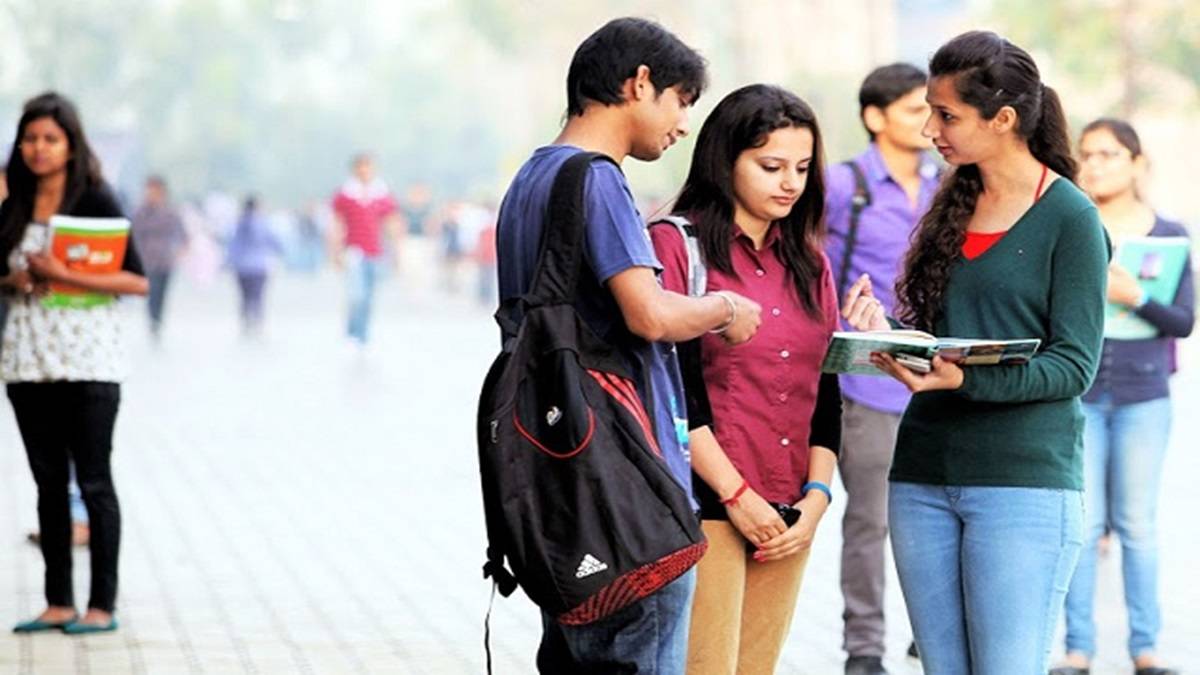AAP-Backed Teachers’ Body Opposes UGC’s Multiple Entry-Exit Draft, Calls It a Threat to Public Universities
Teachers body calls ME-ME draft a move towards "de-professionalisation of teaching", demands immediate withdrawal
The Aam Aadmi Party-affiliated teachers’ body, AADTA (Aam Aadmi Party Teachers Association), has strongly opposed the University Grants Commission’s (UGC) recently released Draft Guidelines on Multiple Entry and Multiple Exit (ME-ME) in higher education, calling it a "systematic attempt to dismantle the public university system" and a "disguised attack" on students’ academic rights and teachers’ service conditions.
In a press statement, AADTA criticised the UGC’s framing of the ME-ME policy as learner-centric and flexible under the National Education Policy (NEP) 2020, and warned that it will fragment learning, dilute degree value, and worsen dropout rates—particularly among students from marginalised communities.
The association pointed to the Parliamentary Standing Committee on Education’s earlier concerns over the ME-ME framework, and reiterated that the policy would hollow out the academic ecosystem in universities like Delhi University.

Key Concerns Raised by AADTA:
For Students:
Dilution of Degrees: Exit options after 1 or 2 years will reduce education to credentialism and harm intellectual development, especially in humanities and social sciences.
Exclusion of Marginalised Students: Heavy reliance on online platforms like SWAYAM will benefit urban learners, leaving out Dalit, Bahujan, Adivasi, and working-class students.
Dropout Risks and Insecurity: Unstable transitions between institutions without adequate support will likely increase dropouts.
Loss of Diversity: A rigid, standardised national framework will marginalise regional and linguistic variation in curriculum.
For Teachers:
Breakdown of Pedagogy: Frequent exits will disrupt long-term mentoring and field-based learning traditions.
Rise of Ed-Tech Surveillance: ABC, APAAR IDs, and AI-based systems will reduce teaching to data management and undermine human interaction.
Job Insecurity: Push for “anytime, anywhere” online learning may reduce demand for regular faculty.
Administrative Overload: Managing student mobility and credit equivalence will stretch already overburdened faculty.
Privatisation via Modular Courses: Public universities will bear the costs while private platforms profit from short-term modules.
AADTA has demanded the immediate withdrawal of the current ME-ME draft guidelines, warning that their implementation would lead to irreversible damage to public higher education institutions.
UGC ME-ME Guidelines
The UGC released the draft ME-ME guidelines in June and invited public feedback by July 30, 2025. Under the proposed framework, students would be allowed to exit with a certificate after one year, diploma after two years, and degree after three or four years, depending on the course structure.
Earlier this month, the draft had sparked concern among educationists and faculty associations across the country. Read our detailed report on the draft ME-ME policy and UGC’s call for feedback.
Read More:
Follow Shiksha.com for latest education news in detail on Exam Results, Dates, Admit Cards, & Schedules, Colleges & Universities news related to Admissions & Courses, Board exams, Scholarships, Careers, Education Events, New education policies & Regulations.
To get in touch with Shiksha news team, please write to us at news@shiksha.com

 Call 8585951111
Call 8585951111
Abhay Anand is an experienced education journalist with over 15 years in print and digital media. Currently serving as Manager- Editorial at Shiksha.com, he specializes in higher education policy, student mobility,
Read Full Bio